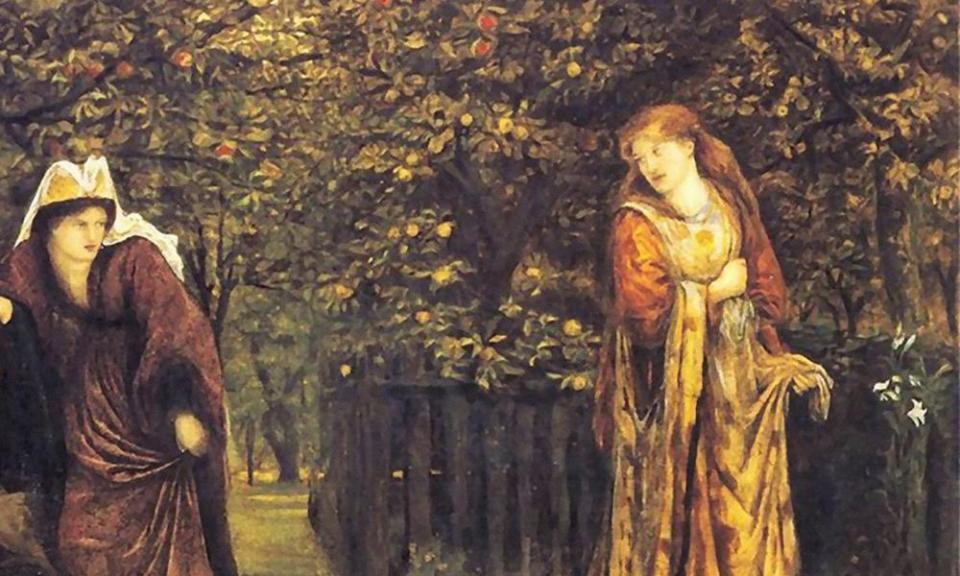'I think I’m being ghosted by my closest friend. How do I move on with my dignity intact?'

I have known my closest friend for 25 years. We had children at the same time which brought us closer, and I would see her at least once a week. The children are older, we both have busy jobs, but I have not seen her for a year and her replies to my message are becoming less frequent. I think I’m being ghosted.
I am guessing why this might be the case. I do not live close enough and she has a big group of lifelong friends – that I’m outside of – who do live nearby. Also I’ve been addressing codependency in my family, which may highlight hers. I’ve heard less from her since a close relative of mine died. She didn’t seem to want to go through that with me, or didn’t understand that I was grieving. I felt very let down.
Now I don’t feel like contacting her as it’s humiliating. She will reply, but makes no commitment to meeting up. How do I let go and move on with my dignity and self-esteem intact?
Eleanor says: One person’s suffering is a test of relationships. It’s not uncommon for people to flinch from it; they don’t know what to do or how to help and they don’t know what to say. Some problems friends can’t fix.
They can’t take away your bereavement or make you less depressed, and the experience of sitting with someone in unfixable suffering is very difficult. It makes us feel impotent and useless – and if we measure our value by our ability to help others, then in a weird sort of way it can make us feel attacked. It’s also just not very fun. I’m confident that this person had a better time with her other friends than she would have with your grief. But the true test of any kind of love is whether another person is willing to hold your hand, even though it makes them feel bad.
We have to be willing to occasionally endure feeling helpless, depressed by proxy, turning down better offers or feeling frustrated by our loved ones when they are in bad places, so that we can make sure they aren’t in those places alone.
One explanation for why she didn’t do that for you is that she simply never had that kind of regard for you. But that might not be true. It might genuinely be that she felt too scared in the face of what you were going through. Perhaps now, while she cherishes you like a sister, there’s never one particular hour when she thinks “I should call”. She might care for you the way you thought she did, or she might not.
It actually doesn’t matter. I think this is the key to your question about how to let go with dignity.
In all sorts of relationship dissolutions we can get preoccupied with whether the other person ever really valued us anyway. We can’t get a clear answer because there’s evidence either way. It can be maddening, sorting through the rubble.
But we can change this for ourselves if the reason we give for walking away is not “they don’t care for me” but “they’re not able to provide what I need from a relationship”.
That way it’s less tempting to endlessly re-examine your history together, searching for evidence of how they “really” feel. How they feel is the one thing we can never truly know. It also means that occasional glimmers of care are less likely to pull us back; if how they feel isn’t our reason for parting, it isn’t our reason for staying.
Thinking this way closes the space where the humiliation gets in; it blocks the inference. It draws things back to the fact that they didn’t provide what you needed, not the thought that they looked at you and decided you weren’t worth providing for.
Friendship requires a genuine willingness to care for other people, including and especially when it won’t feel fun. If your friend won’t provide that care for you, the least you can do is provide it to yourself.
*************************************
Ask us a question
Do you have a conflict, crossroads or dilemma you need help with? Eleanor Gordon-Smith will help you think through life’s puzzles, big and small.
If you would like advice from Eleanor, send your dilemma to leadingquestions@theguardian.com (please don’t send attachments). Submissions are subject to our terms and conditions.

